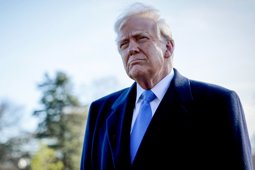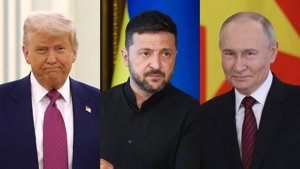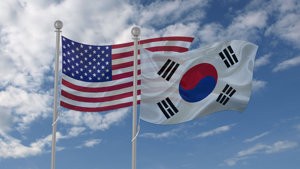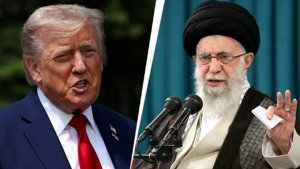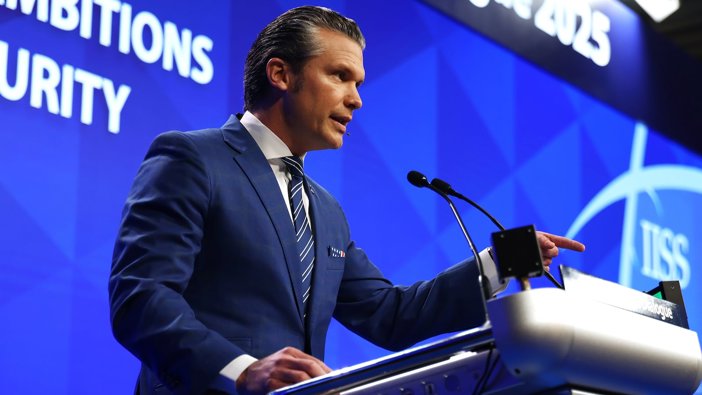
Hegseth: U.S. to Counter Imminent China Threat
Defense Secretary Hegseth tells Indo-Pacific allies the U.S. will stand firm against China but urges greater regional defense investment.
Hegseth Issues Stark Warning on China at Singapore Summit
U.S. Defense Secretary Pete Hegseth delivered a forceful speech on Saturday at a major security conference in Singapore, warning Indo-Pacific allies of an increasingly aggressive and capable China. He affirmed that the United States remains committed to supporting its partners in the region, while also calling on those nations to increase their own defense investments in response to evolving threats.
“We are not going to sugarcoat it — the threat China poses is real. And it could be imminent,” Hegseth declared. He emphasized that Beijing is not simply preparing to take Taiwan in the future — it is actively training for such an operation on a daily basis. He cited Chinese military exercises designed to simulate a blockade of Taiwan, a self-governed island that Beijing claims as part of its territory.
According to Hegseth, China aims to be ready to seize Taiwan by force no later than 2027. In the meantime, he noted, the Chinese military is accelerating its readiness through routine and increasingly complex maneuvers that mirror real combat scenarios.
South China Sea, Latin America, and the Global Theater
Beyond Taiwan, Hegseth drew attention to China's growing assertiveness across multiple domains. He pointed to Beijing’s expansion in the South China Sea, where man-made islands now host new military outposts, as well as China’s rapid development of hypersonic weapons and space-based capabilities. In response, the U.S. is advancing what he termed the “Golden Dome,” a system designed to counter these emerging threats.
Hegseth also flagged China’s ambitions in Latin America, particularly its increasing influence over critical infrastructure like the Panama Canal. He called this an example of China’s efforts to extend its strategic reach globally.
While reinforcing the U.S. commitment to Indo-Pacific security, Hegseth pressed allied nations to contribute more to collective defense efforts. He urged them to raise their defense budgets to levels similar to those expected of European countries, stating, “We must all do our part.”
His remarks come as the United States seeks to rebalance its defense posture to address a multi-theater challenge involving China, Russia, and North Korea. Hegseth’s message emphasized that long-term deterrence requires both American leadership and international burden-sharing.
European Diplomats Push Back
Following Hegseth’s remarks, European Union foreign policy chief Kaja Kallas challenged his implication that the U.S. shoulders the primary burden in the Indo-Pacific while Europe focuses solely on regional threats. She stressed that European and Asian security are now tightly connected, especially as North Korean troops reportedly support Russia and China continues its backing of Moscow.
“Security in Europe and Asia are very much interlinked,” Kallas said, underscoring the global nature of current geopolitical threats.
Hegseth’s address signaled a hardening U.S. stance on China and a shift toward demanding more assertive defense commitments from international partners. As tensions grow in both the Pacific and Eastern Europe, Washington is making it clear that allies must be prepared to shoulder greater responsibilities in the face of rising global authoritarianism.

